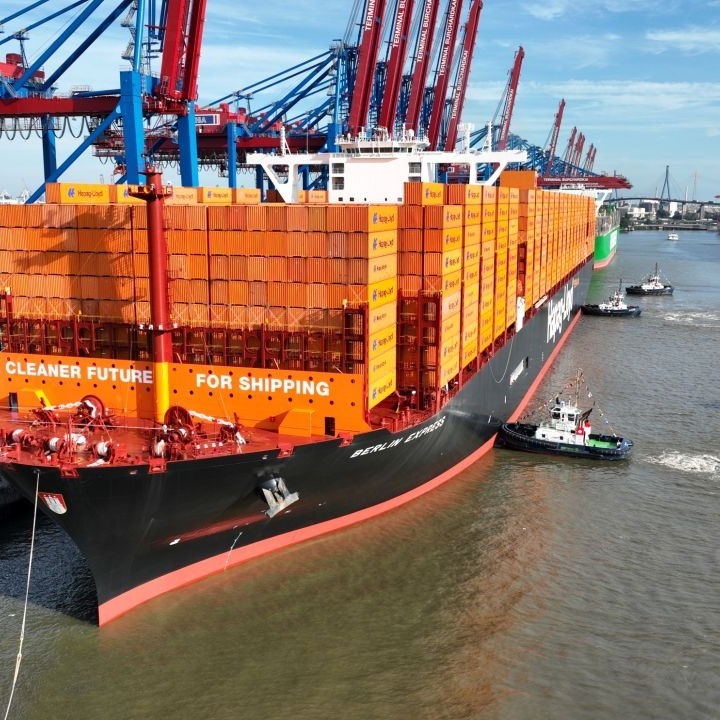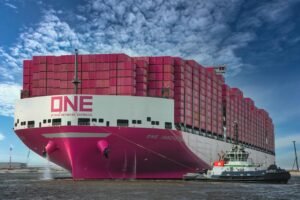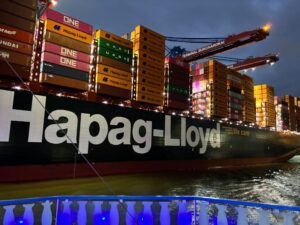German liner company Hapag-Lloyd has entered a cooperation with IKEA Supply Chain Operations to decarbonise the Hapag-Lloyd container shipments originating from Asia.
For the period March 2024 to February 2025, both companies have agreed to use Hapag-Lloyd’s highest product option for biofuels “Ship Green 100”, which relies on waste- and residue-based biofuel instead of conventional marine fuel oil.
The expected result for IKEA during this period is a CO2 emission reduction of around 100,000 tons.
IKEA reveals that the goal is to reduce the relative GHG emissions from its product transportation by 70% by 2030, and to only use zero-emission heavy duty vehicles and ocean vessels by 2040.
As both partners claim, Hapag-Lloyd and IKEA are committed to leading the way in environmentally conscious practices, setting a benchmark for the industry.
Hapag-Lloyd has launched the Ship Green product to offer its customers emission-reduced ocean transports.
Based on biofuel, Hapag-Lloyd’s customers can choose between 100%, 50% or 25% CO2e emission avoidance. Ship Green is available for all shipments, including standard, reefer, hardtop, or tank equipment, as the liner company states.
Dariusz Mroczek, category area transport manager, IKEA supply chain operations, said: “It’s through efforts like this one that we can reduce immediate emissions from ocean shipping in the short-term,” adding that “biofuel is not the ultimate solution and we need to continue to collaborate to make the necessary shift toward zero emission fuels and technologies.”
Danny Smolders, managing director global sales at Hapag-Lloyd, noted that “IKEA stands as one of our valued customers, known for its unwavering commitment to sustainability. By joining forces, we are reducing CO2e emissions significantly.
“Ship Green is an important aspect of our decarbonisation journey and brings us one step closer to our goal of net-zero fleet operations by 2045.”
Source: Hapag-Lloyd



